Norway baby study expected to yield insights into autism
The Autism Birth Cohort, based on data from 100,000 Norwegian children and their families, aims to uncover genetic and environmental factors contributing to the disorder.

The Autism Birth Cohort, based on data from 100,000 Norwegian children and their families, aims to uncover genetic and environmental factors contributing to the disorder.
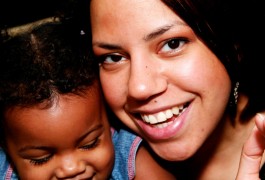
Racial minorities are under-represented in genetic studies, in part because research guidelines do not account for differences in family structure, according to a report based on statistics from several autism gene banks. In response to the report, research teams at Stanford University and the University of California, Los Angeles, are revamping their recruitment practices.
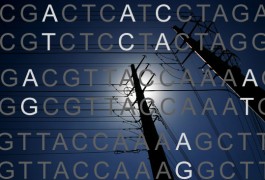
One of the largest genome-wide association studies for autism spectrum disorders, reported last week in Human Molecular Genetics, allows only one definitive conclusion: it isn’t large enough.
The mouse brain has more than 1,300 regions for which the copy from one parent is expressed more often than the one from the other parent, according to two studies published today in Science. These so-called imprinted genes have been proposed to cause some cases of autism, but the researchers say their findings do not support that theory.
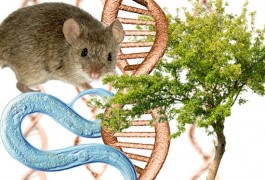
A new model that compares how the same genes behave in different organisms could help researchers identify previously unknown candidates for diseases such as autism. The model, published in the Proceedings of the National Academy of Sciences, takes advantage of the genetic overlap between humans and simpler organisms to discover genes associated with complex diseases.
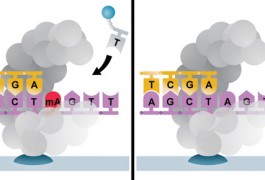
A new technique can simultaneously sequence DNA and pinpoint some of the chemical modifications that turn genes on or off, according to a report published 9 May in Nature Methods. In particular, the technique reveals methyl groups bound to DNA bases.

Two independent teams have identified the genetic culprits of three rare, inherited diseases by sequencing the genomes of several members of the same family. As the cost of whole-genome sequencing plummets, this family-based approach will reveal candidate genes not just for rare diseases but for common, complex disorders such as autism, experts say.

Attention deficit hyperactivity disorder (ADHD) and autism may have more in common than childhood onset and a few similar symptoms. New research suggests the conditions share genetic roots.
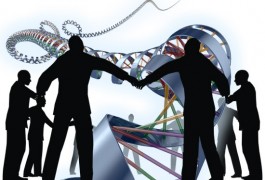
On 7 April, a group of investigators conducting autism genome sequencing projects met at the New York Academy of Medicine, aiming to establish the ground rules for a potential Autism Sequencing Consortium.
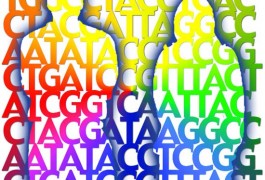
This summer will mark ten years since scientists sequenced the human genome. What have we gained from knowing those 3 billion base pairs?